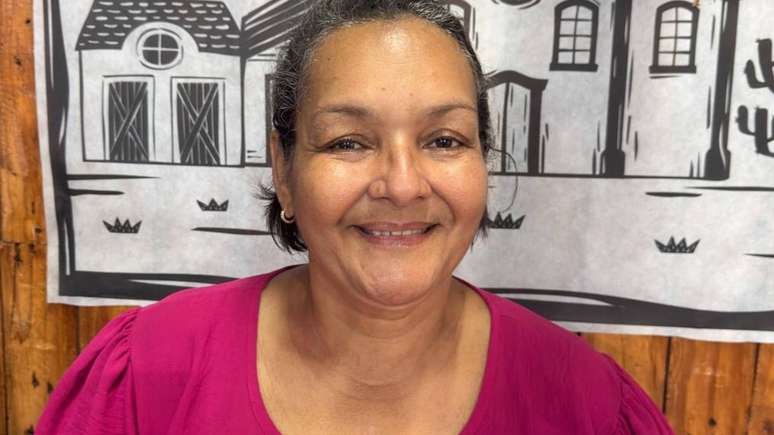Nearly 99% of the participants developed antibodies against the disease; US authorities could approve the vaccine in August
Clinical trials indicate that the development of an effective and safe vaccine against chikungunyamosquito-borne disease aedes aegypti (also vector of dengue) e Aedes albopictus (yellow fever transmitter).
Article published by the scientific journal hand with the result of a phase three clinical trial of the vaccine identified by the initials VLA1553, developed by the Franco-Austrian pharmaceutical company Valneva, reports that the vaccine was able to induce the creation of antibodies against the chikungunya virus. There are other trials of this same phase still ongoing, one of them with adolescents in Brazil.
This Phase 3 study was conducted at 43 professional vaccine testing centers across the United States. Participants were healthy volunteers 18 years of age and older. According to the article, from September 17, 2020 to April 10, 2021, 6,100 people were willing to participate in the test and were screened; 1,972 people were excluded and 4,128 approved. Of these, 3,093 received the vaccine and 1,035 received a placebo. 358 vaccinated people and 133 who received the placebo withdrew from the test before the end of the research.
The study evaluated 362 participants (266 who received the vaccine and 96 who received a placebo). After a single dose, VLA1553 induced the creation of antibodies against chikungunya virus in 263 (98.9%) of 266 vaccinees, 28 days after immunization, regardless of age.
The vaccine was considered safe, with an adverse event profile similar to other licensed vaccines, and equally well tolerated in young and elderly adults. Serious adverse events were reported in 46 (1.5%) of participants exposed to VLA1553 and in eight (0.8%) of participants receiving placebo. Only two serious adverse events were considered related to VLA1553 treatment: a mild myalgia and a syndrome of inappropriate antidiuretic hormone secretion. Both participants made full recovery.
“It could be the first chikungunya vaccine for people living in endemic regions and for travellers,” said Martina Schneider, head of clinical strategy at Valneva and lead author of the study.
The test carried out in Brazil, with 750 adolescent volunteers aged 12 to 17 and lasting 15 months, should be completed shortly. According to the company, US authorities could approve the vaccine starting in August.
The illness
First identified in Tanzania in 1952, chikungunya arrived in Brazil in 2013, but has spread widely. Since then, more than 250,000 people have contracted the disease in the country.
Its main symptoms are fever above 38.5 degrees, sudden onset and intense pain in the joints of the feet and hands – fingers, ankles and wrists. Headaches and body aches may also occur, as well as red spots on the skin. About 30% of cases develop no symptoms. The onset of symptoms can take two to ten days after infection (the so-called incubation period).
The main difference between dengue and chikungunya is joint pain, much more intense in chikungunya, mainly affecting the feet and hands, usually the ankles and wrists. Unlike dengue, there is no hemorrhagic form of the disease and serious complications are rare, although the arthritis can remain active for a long time.
Source: Terra
Ben Stock is a lifestyle journalist and author at Gossipify. He writes about topics such as health, wellness, travel, food and home decor. He provides practical advice and inspiration to improve well-being, keeps readers up to date with latest lifestyle news and trends, known for his engaging writing style, in-depth analysis and unique perspectives.






![Un Si Grand Soleil Preview: Episode Summary for Wednesday, October 22, 2025 [SPOILERS] Un Si Grand Soleil Preview: Episode Summary for Wednesday, October 22, 2025 [SPOILERS]](https://fr.web.img2.acsta.net/img/0e/67/0e6770bb5a7db892123914fb7afca318.jpg)

-1hbghh2apxaux.png)
